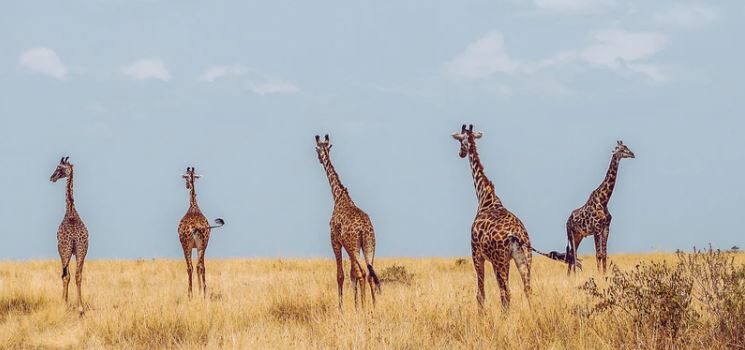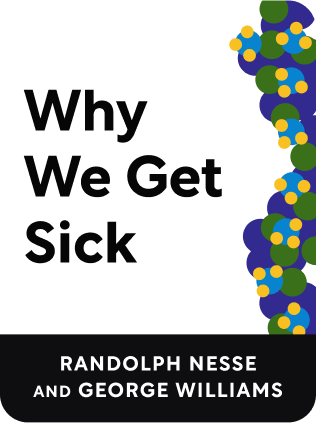

This article is an excerpt from the Shortform book guide to "Why We Get Sick" by Randolph Nesse and George Williams. Shortform has the world's best summaries and analyses of books you should be reading.
Like this article? Sign up for a free trial here .
Is there such thing as group selection? Why did the lemmings jump off the cliff in the famous documentary?
The theory of “group selection” states that some members of a group may sacrifice themselves for the good of the species. This theory is greatly flawed because if there was a self-sacrificing gene, then the members of the group with that gene would die out very quickly.
Continue reading about the myth of group selection.
Natural Selection and Groups
A famous documentary about lemmings jumping off cliffs explained that when food becomes scarce, a fraction of lemming jump off the cliff to save enough food for others to survive. This was an example of the theory of “group selection”—some may sacrifice themselves for the sake of the species.
From a natural selection point of view, this is nonsense. Imagine that a gene codes for a lemming’s willingness to jump off a cliff to save the group. Some individual lemmings have a mutation that let them stay back and survive.
Over time, all the heroic, self-sacrificing lemmings die, and the selfish lemmings stay back and reproduced. The gene that promotes self-sacrifice is removed from the population.
The key point is that natural selection benefits genes, not groups. Natural selection acts on the level of the individual without a concern for the species. As Richard Dawkins noted in The Selfish Gene, the individual is merely a vessel created by genes for the replication of genes.
(So why did the lemmings jump off the cliff? It turns out it was staged—documentary producers used brooms to force the lemmings to jump into the water.)
Kin Selection
From a natural selection point of view, we’re not completely devoid of reasons to help others to further our own genes. Your relatives share many of your genes. By helping your relatives, you increase their reproductive success, which in turn promotes the propagation of your genes.
The closer the relative is, the more apt you are to help them. Siblings share half of their genes with each other; cousins share one-eighth of their genes. From a genetic point of view, your sister’s survival and reproduction are half as important as yours, and your cousin’s are one-eighth as important.
Because of this, natural selection favors helping your relatives if the cost to you is less than the benefit to the relative, times the degree of relationship. A biologist said that he would not sacrifice his life for one brother, but he would for two, or eight cousins.

———End of Preview———
Like what you just read? Read the rest of the world's best book summary and analysis of Randolph Nesse and George Williams's "Why We Get Sick" at Shortform .
Here's what you'll find in our full Why We Get Sick summary :
- Why evolution hasn't rid humans of all diseases
- How reproductive fitness is more important than overall survival
- How you evolved to dislike the sound of a baby crying






